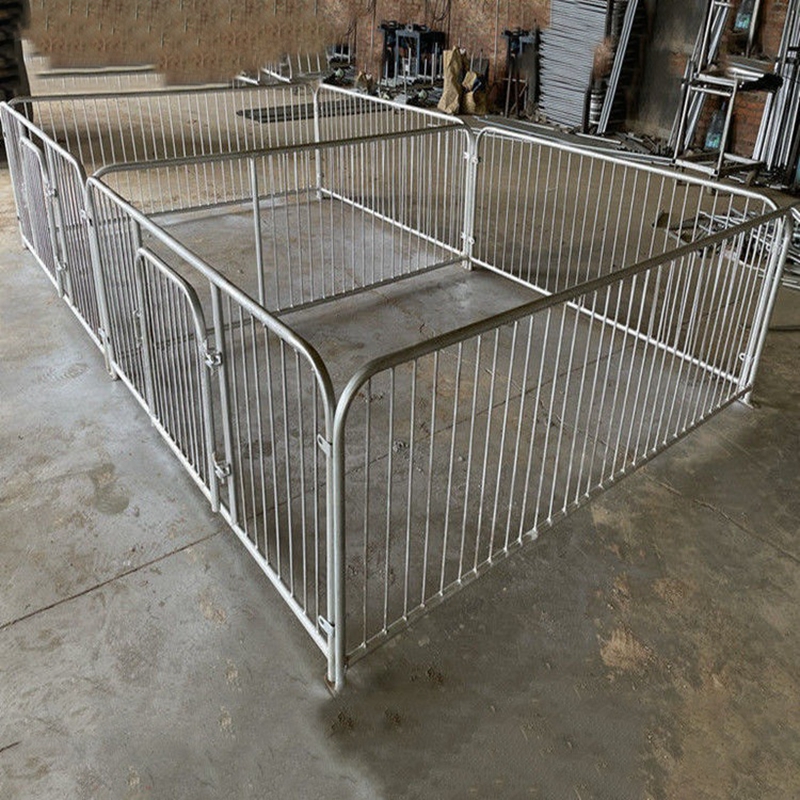Affordable Hammer Mill Feed Grinder Options Available for Purchase Today with Great Quality and Efficiency
Aug . 14, 2024 05:43 Back to list
Affordable Hammer Mill Feed Grinder Options Available for Purchase Today with Great Quality and Efficiency
Hammer Mill Feed Grinder for Sale A Comprehensive Guide
In the realm of agriculture and animal husbandry, the efficiency of feed preparation plays a crucial role in ensuring the optimal growth and health of livestock. One of the key tools that farmers and feed manufacturers rely on is the hammer mill feed grinder. If you're in the market for one, understanding its functionality, benefits, and the various options available can help you make an informed purchase.
Understanding Hammer Mills
A hammer mill is a type of mechanical grinder that is extensively used for crushing and grinding various materials into a fine powder or meal. It utilizes high-speed rotating hammers that pulverize particles by impact. The size of the resulting feed can be adjusted by changing the screen size, allowing for a versatile approach to feed preparation.
Why Choose a Hammer Mill Feed Grinder?
1. Efficiency Hammer mills are known for their high throughput. They can process large volumes of materials quickly, making them ideal for commercial feed production. This efficiency translates to cost savings for farmers and feed manufacturers who need to produce feed in bulk.
2. Versatility These grinders can handle a variety of raw materials, including grains, corn, wheat, and even some types of forages. This versatility allows producers to create customized feed blends that meet the specific nutritional needs of their livestock.
3. Consistent Particle Size Consistency in feed particle size is vital for optimal digestion and nutrient absorption in animals. With a hammer mill, users can achieve a uniform particle size, which can enhance feed efficiency and improve the health of livestock.
4. Adjustable Capacity Many hammer mills come with adjustable settings that allow operators to control the fineness of the grind, accommodating different livestock species and their dietary requirements. This adaptability is crucial for meeting the specific needs of various animals.
hammer mill feed grinder for sale

Finding Hammer Mills for Sale
When searching for a hammer mill feed grinder for sale, there are several considerations to keep in mind
1. Type of Hammer Mill There are two main types of hammer mills—horizontal and vertical. Horizontal hammer mills are typically used for large-scale feed production, while vertical ones are suited for smaller operations.
2. Capacity Determine your production capacity needs. Hammer mills come in various sizes, with different horsepower, which will affect their output. Assessing your feed requirement will help you choose the right model.
3. Material Durability Look for grinders made from high-quality materials that offer durability and longevity. Stainless steel and heavy-duty metal parts are often preferred due to their resistance to wear and tear.
4. Cost and Budget Prices for hammer mills can vary significantly based on size, capacity, and brand. Establishing a budget will help narrow down your options. Don’t forget to factor in additional costs such as maintenance and replacement parts.
5. Warranty and Support Before making a purchase, inquire about the warranty terms and the availability of customer support. A reputable manufacturer will usually offer a warranty, which can provide peace of mind.
Conclusion
A hammer mill feed grinder can be an invaluable asset for any farmer or feed producer looking to enhance their feed production process. By understanding the operational benefits, versatility, and key features to consider when purchasing, you can ensure you select the right grinder for your needs. With the right hammer mill, you can improve efficiency, reduce waste, and ultimately support the health and growth of your livestock, making it a worthy investment for your agricultural endeavors. Whether you are a small farm or a large-scale operation, exploring the options for a hammer mill feed grinder for sale can lead you to the perfect tool to meet your feed processing needs.
-
Hot Sale 24 & 18 Door Rabbit Cages - Premium Breeding Solutions
NewsJul.25,2025
-
Automatic Feeding Line System Pan Feeder Nipple Drinker - Anping County Yize Metal Products Co., Ltd.
NewsJul.21,2025
-
Automatic Feeding Line System Pan Feeder Nipple Drinker - Anping County Yize Metal Products Co., Ltd.
NewsJul.21,2025
-
Automatic Feeding Line System - Anping Yize | Precision & Nipple
NewsJul.21,2025
-
Automatic Feeding Line System - Anping Yize | Precision & Nipple
NewsJul.21,2025
-
Automatic Feeding Line System-Anping County Yize Metal Products Co., Ltd.|Efficient Feed Distribution&Customized Animal Farming Solutions
NewsJul.21,2025






